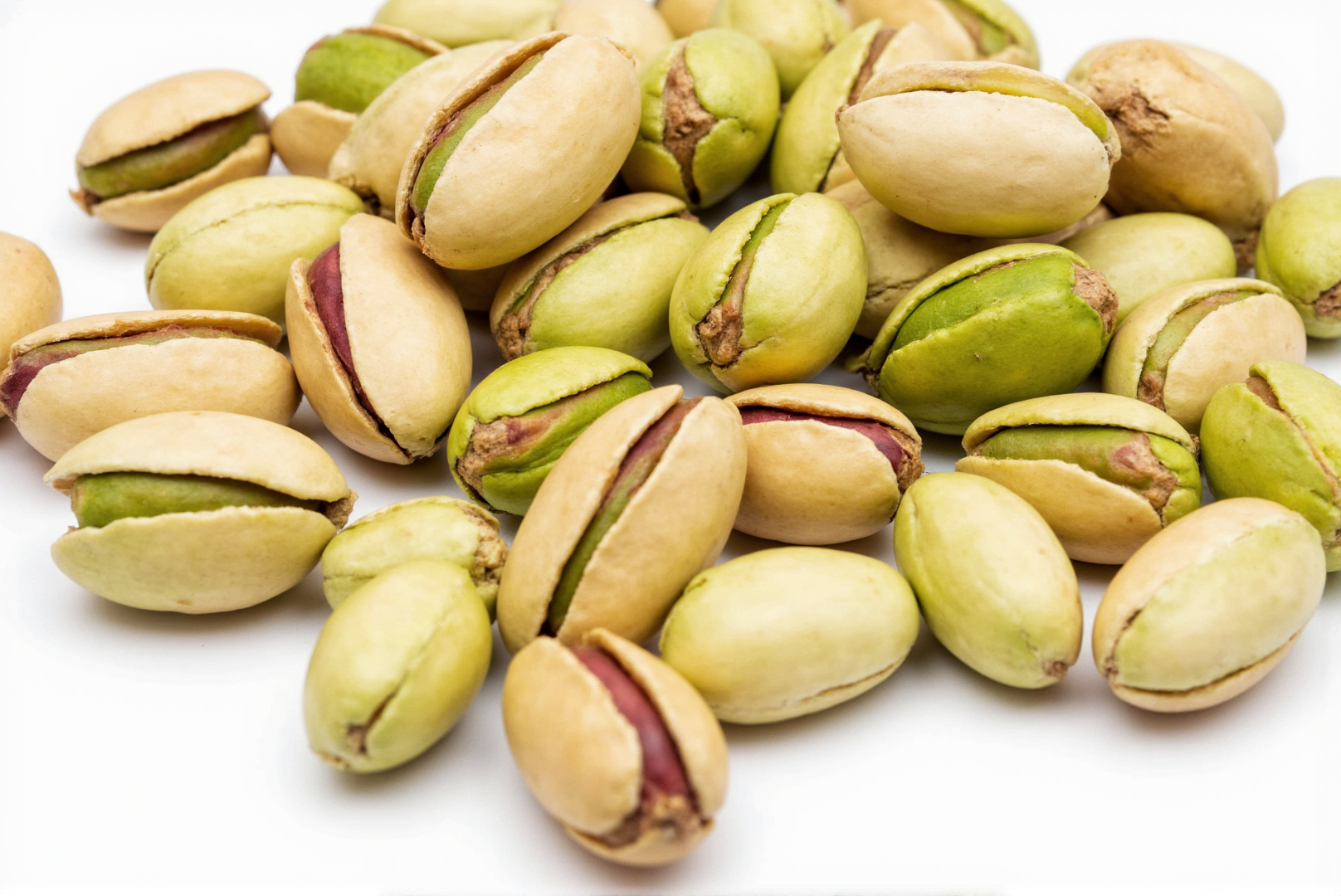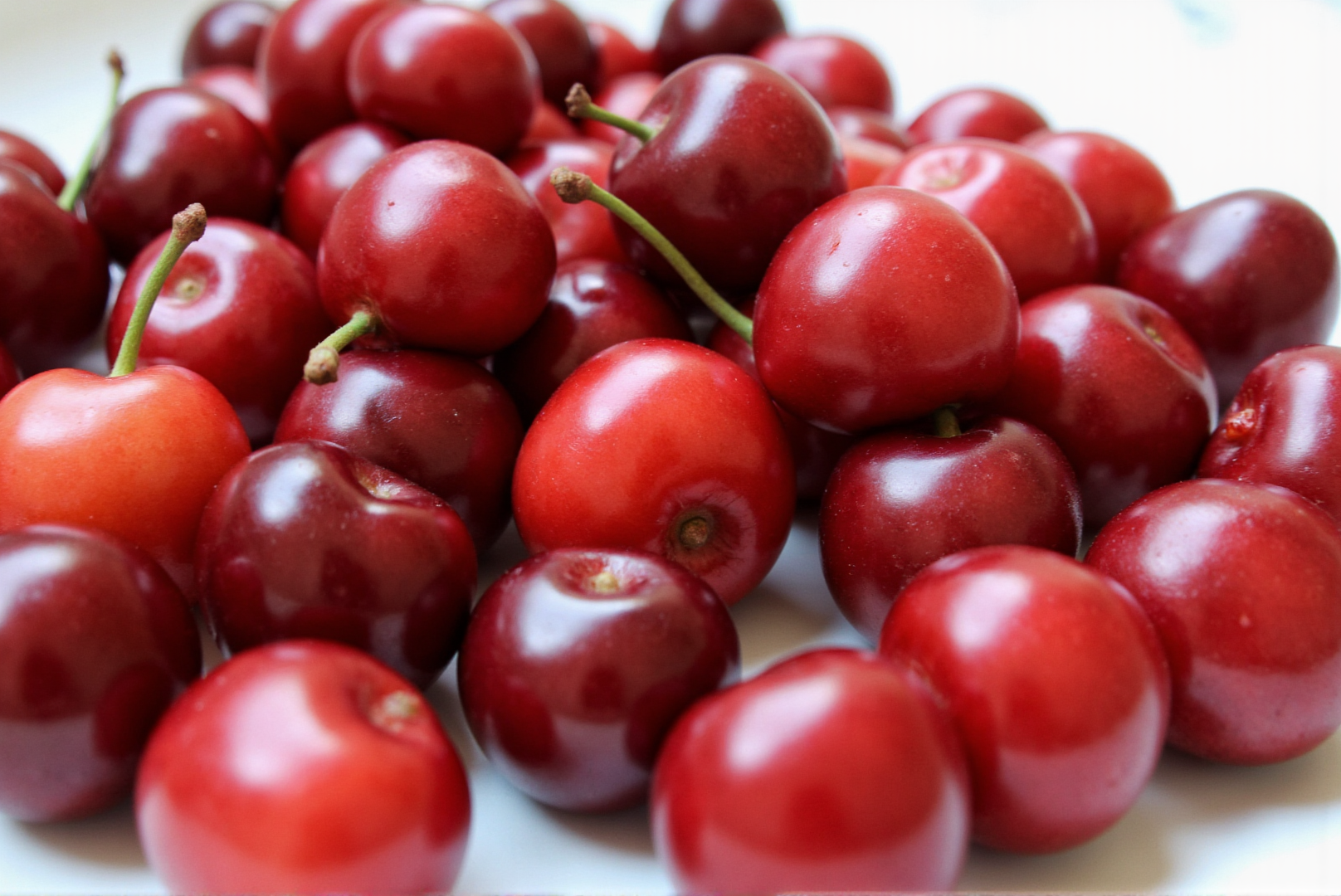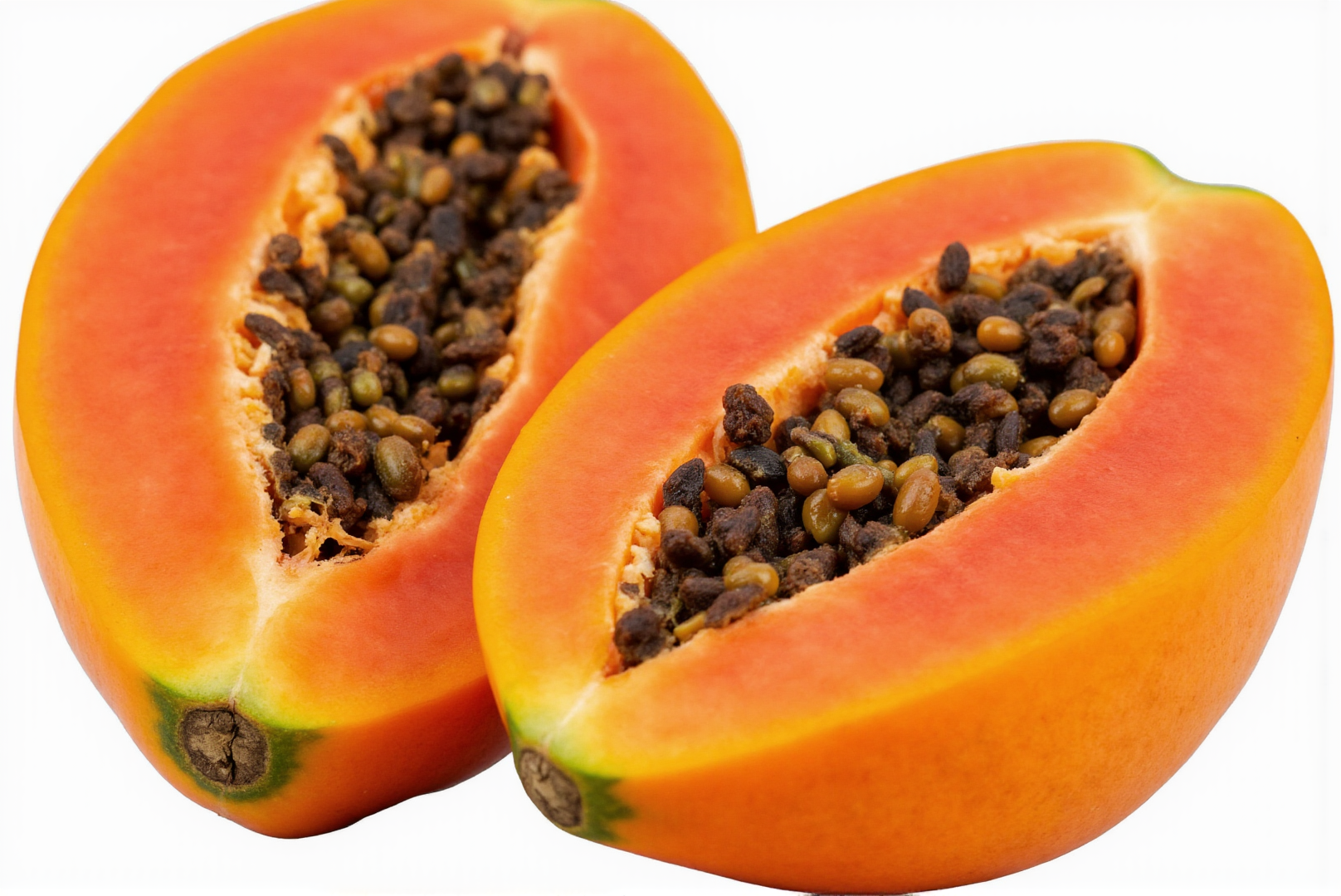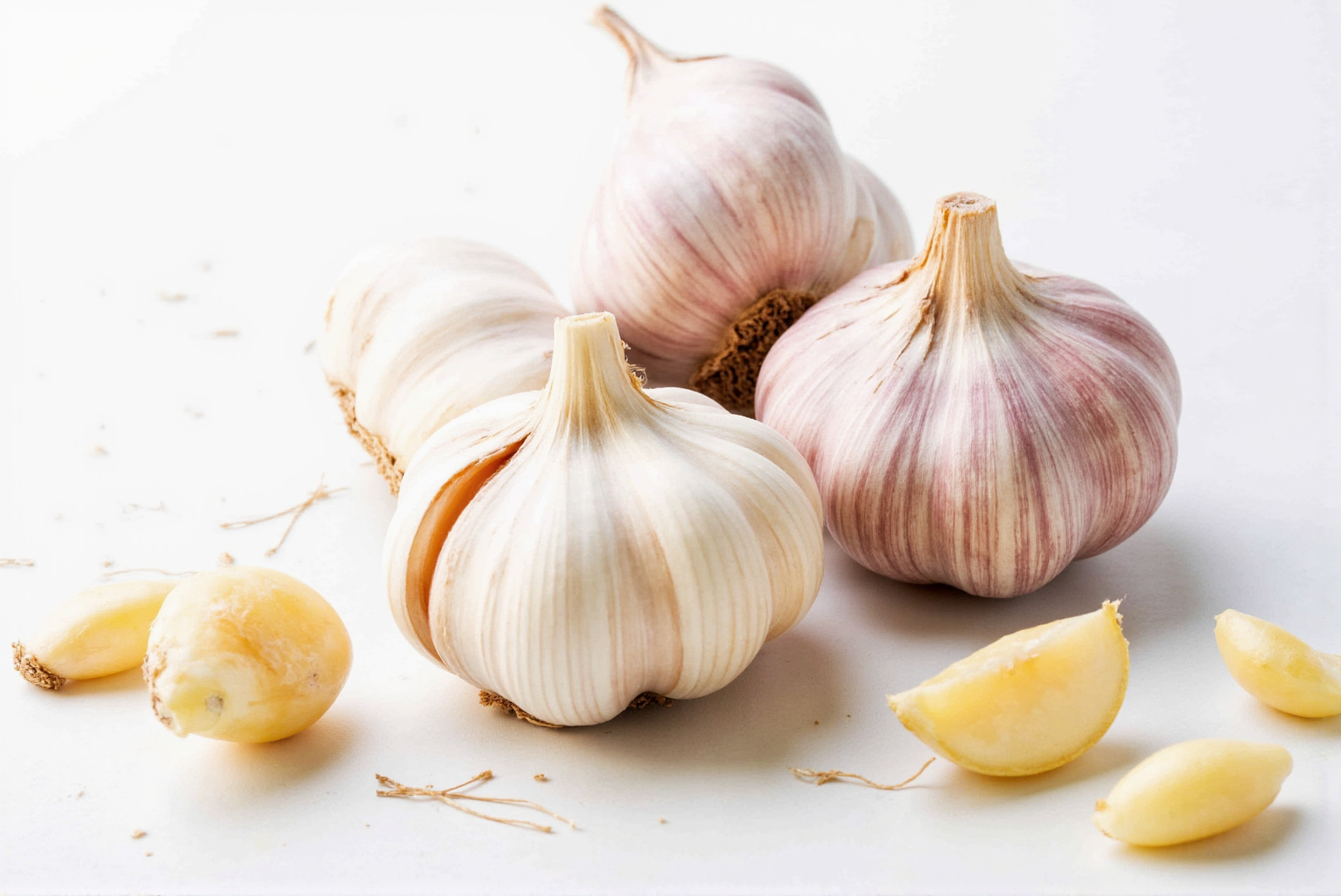Pistachios, those distinctive green nuts often enjoyed as a healthy human snack, might seem like a protein-rich treat to share with our canine companions. However, these popular nuts present several concerns that dog owners should carefully consider before offering them to their pets.
Can Dogs Eat Pistachios?
Dogs should not eat pistachios. While not as toxic as macadamia nuts, pistachios pose multiple risks that make them unsuitable for canine consumption. The high fat content can trigger pancreatitis, shells present choking hazards, and the salt often added to pistachios can cause sodium toxicity. Additionally, pistachios may contain aflatoxin, a mold that's particularly dangerous for dogs.
The Fat Content Problem
Pistachios contain approximately 45% fat by weight, making them extremely rich for dogs' digestive systems. This high fat content can trigger acute pancreatitis, a painful and potentially life-threatening inflammation of the pancreas. Dogs who consume fatty foods like pistachios may experience severe abdominal pain, vomiting, diarrhea, and lethargy. Even small amounts can cause problems in sensitive dogs.
Pancreatitis Risk
Pancreatitis is a serious concern when dogs eat high-fat foods like pistachios. This condition occurs when digestive enzymes activate prematurely, causing the pancreas to digest itself. Symptoms include hunched posture, repeated vomiting, loss of appetite, dehydration, and fever. Pancreatitis can become chronic, requiring lifelong dietary management and potentially leading to diabetes.
Choking and Obstruction Hazards
Pistachio shells pose significant physical dangers to dogs. The hard shells can crack teeth, lacerate the mouth and throat, or cause choking. If swallowed, shells can create intestinal blockages requiring surgical removal. Even shelled pistachios can pose choking risks, especially for small dogs who may try to swallow them whole.
Salt and Sodium Toxicity
Most commercially available pistachios are heavily salted, creating another danger for dogs. Excessive sodium intake can lead to increased thirst, frequent urination, vomiting, diarrhea, tremors, elevated body temperature, and seizures. Severe cases of salt toxicity can be fatal. Even "lightly salted" varieties contain more sodium than dogs should consume.
Aflatoxin Contamination
Pistachios are susceptible to Aspergillus mold, which produces aflatoxin, a potent toxin particularly dangerous for dogs. Dogs are more sensitive to aflatoxin than humans, and even small amounts can cause liver damage. Symptoms of aflatoxin poisoning include vomiting, lethargy, loss of appetite, jaundice, and in severe cases, liver failure.
Digestive System Upset
Even without triggering pancreatitis, pistachios commonly cause digestive upset in dogs. The high fat and fiber content can lead to diarrhea, gas, bloating, and abdominal discomfort. Dogs' digestive systems aren't designed to process nuts efficiently, making gastrointestinal distress almost inevitable when pistachios are consumed.
Allergic Reactions
Some dogs may be allergic to pistachios or tree nuts in general. Allergic reactions can range from mild itching and hives to severe symptoms like facial swelling, difficulty breathing, or anaphylactic shock. Since there's no way to predict allergies without exposure, and the risks outweigh any benefits, it's best to avoid pistachios entirely.
The Phosphorus Problem
Pistachios are high in phosphorus, which can be problematic for dogs with kidney disease. Excessive phosphorus can worsen kidney function and contribute to the progression of kidney disease. Even healthy dogs don't need the high phosphorus levels found in nuts, as their regular diet should provide adequate amounts.
Weight Gain and Obesity
The caloric density of pistachios makes them inappropriate for dogs. A single ounce contains about 160 calories - a significant portion of a small dog's daily caloric needs. Regular consumption would quickly lead to weight gain and obesity, increasing risks for diabetes, joint problems, and cardiovascular disease.
What If My Dog Ate Pistachios?
If your dog consumed pistachios, assess the situation immediately. Note the quantity eaten and whether shells were involved. For a few unsalted, shelled pistachios, monitor for digestive upset. If shells were consumed, watch for choking, vomiting, or signs of obstruction. Large quantities or salted varieties warrant immediate veterinary contact.
Emergency Signs to Watch For
Seek immediate veterinary care if your dog shows severe vomiting, bloody diarrhea, extreme lethargy, difficulty breathing, seizures, or signs of severe abdominal pain. These symptoms could indicate pancreatitis, salt toxicity, or intestinal obstruction. Time is critical in these situations, so don't delay seeking professional help.
Safe Nut Alternatives
Instead of pistachios, consider safer alternatives for dogs. Small amounts of unsalted, unflavored peanuts (actually legumes) are generally safe. However, even better options include dog-safe fruits and vegetables like carrots, apples, or blueberries. These provide nutrients without the high fat content and risks associated with nuts.
Commercial Products Containing Pistachios
Be aware that pistachios appear in many human foods beyond whole nuts. Pistachio ice cream, baked goods, trail mixes, and energy bars all pose risks to dogs. Keep these products secure and educate family members about not sharing pistachio-containing foods with pets.
Long-term Health Implications
Regular consumption of inappropriate foods like pistachios can have cumulative health effects. Repeated high-fat exposures increase pancreatitis risk, while excessive calories contribute to obesity. The potential for aflatoxin exposure, even in small amounts over time, can cause chronic liver damage.
Final Verdict on Pistachios
Pistachios should be firmly on the "do not feed" list for dogs. The combination of high fat content, choking hazards, salt toxicity risk, potential aflatoxin contamination, and digestive upset makes them thoroughly unsuitable for canine consumption. Unlike some human foods that dogs can enjoy in moderation, pistachios offer no benefits that outweigh their significant risks. Keep pistachios and pistachio-containing products well out of your dog's reach, and choose from the many safer treat alternatives available. If accidental consumption occurs, monitor closely and don't hesitate to seek veterinary care. Your dog's health and safety should always take precedence over sharing human snacks, no matter how much those pleading eyes might convince you otherwise.




